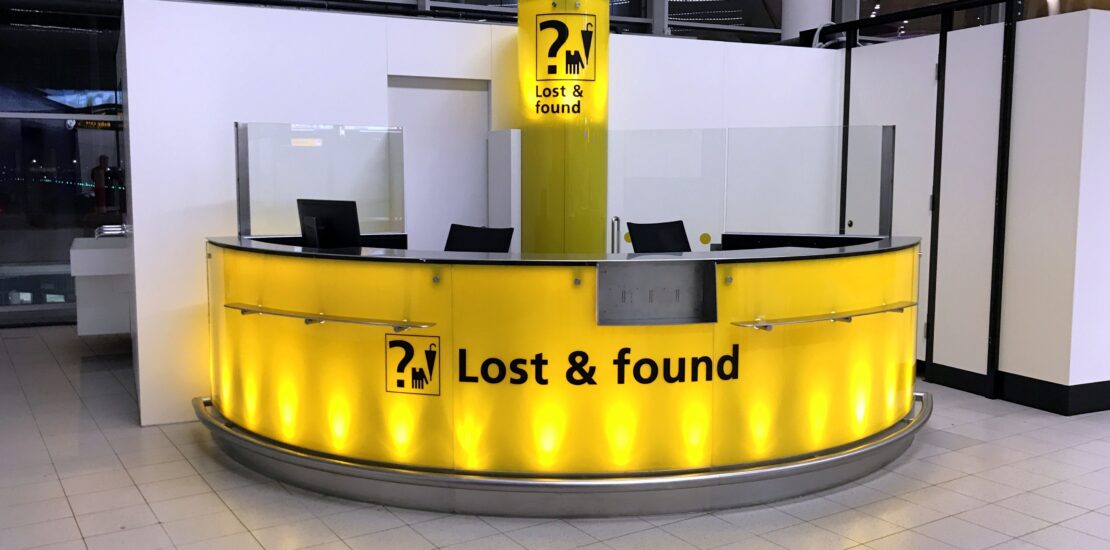caliper
-
Top Recommended Personality Assessments for Sales
- January 9, 2023
- Posted by: Dave Kurlan
- Category: Understanding the Sales Force

My Chrome home page often displays articles that Google thinks I might be interested in. Red Sox, Patriots, politics, software applications, gadgets, and for the first time, sales assessments! I thought, “Is this for real?”
-
Found! The Caliper vs OMG Comparison: Which Sales Candidate Assessment is More Predictive?
- December 1, 2020
- Posted by: Dave Kurlan
- Category: Understanding the Sales Force

Almost nine years in the making, this article compares OMG with Caliper and I did update it so that the information on both assessments is current.
I compared two assessments for the same candidate: one from Objective Management Group (OMG) and one from Caliper. Not being one to pass up opportunities like this, I conducted another comparison where OMG recommended this person for the role and Caliper did not.
-
New: The 21 Sales Core Competencies for 2020 And Beyond
- September 27, 2020
- Posted by: Dave Kurlan
- Category: Understanding the Sales Force

Like Apple, OMG updates its assessments on a non-stop basis but rolls out significant updates a couple of times per year. Last week OMG introduced the latest revision to the 21 Sales Core Competencies.
There are thirty competencies in all, each with between six and twelve attributes but some are more important than others and OMG measures twenty-one of them in the following three categories:
-
Selling Power Hit and Then Miss the Mark on Sales
- November 17, 2010
- Posted by: Dave Kurlan
- Category: Understanding the Sales Force
Yesterday it was the Harvard Business Review article and today it’s a Selling Power article.
They pointed to three qualities that are highly predictive indicators of a top sales performer. Let’s see how their claims (using data from personality assessments) stack up against real sales science (using Objective Management Group’s data from sales specific assessments).
They said the 3 highly predictive qualities are:
-
The Sales Assessment that Dave Kurlan Developed
- February 9, 2010
- Posted by: Dave Kurlan
- Category: Understanding the Sales Force
If you sell high end business services and your salespeople earn in excess of $250,000 annually, would you want to use the same hiring and selection criteria that they use to hire salespeople that sell long-distance telephone services to anyone who will listen?
-
Exposed – Personality Tests Disguised as Sales Assessments
- January 28, 2009
- Posted by: Dave Kurlan
- Category: Understanding the Sales Force
Yesterday, I met with a long-time client who, in his previous company, used OMG’s Assessments to identify what needed to change in order to double revenue from $30 million to $60 million. In his new company, which is already about 12x that size, he wants to double revenue again. He said, “I just wasted two years with the _____ Assessment.” The assessment to which he referred was a personality assessment marketed as a sales assessment. It could have referred to any personality or behavioral-styles assessment.

